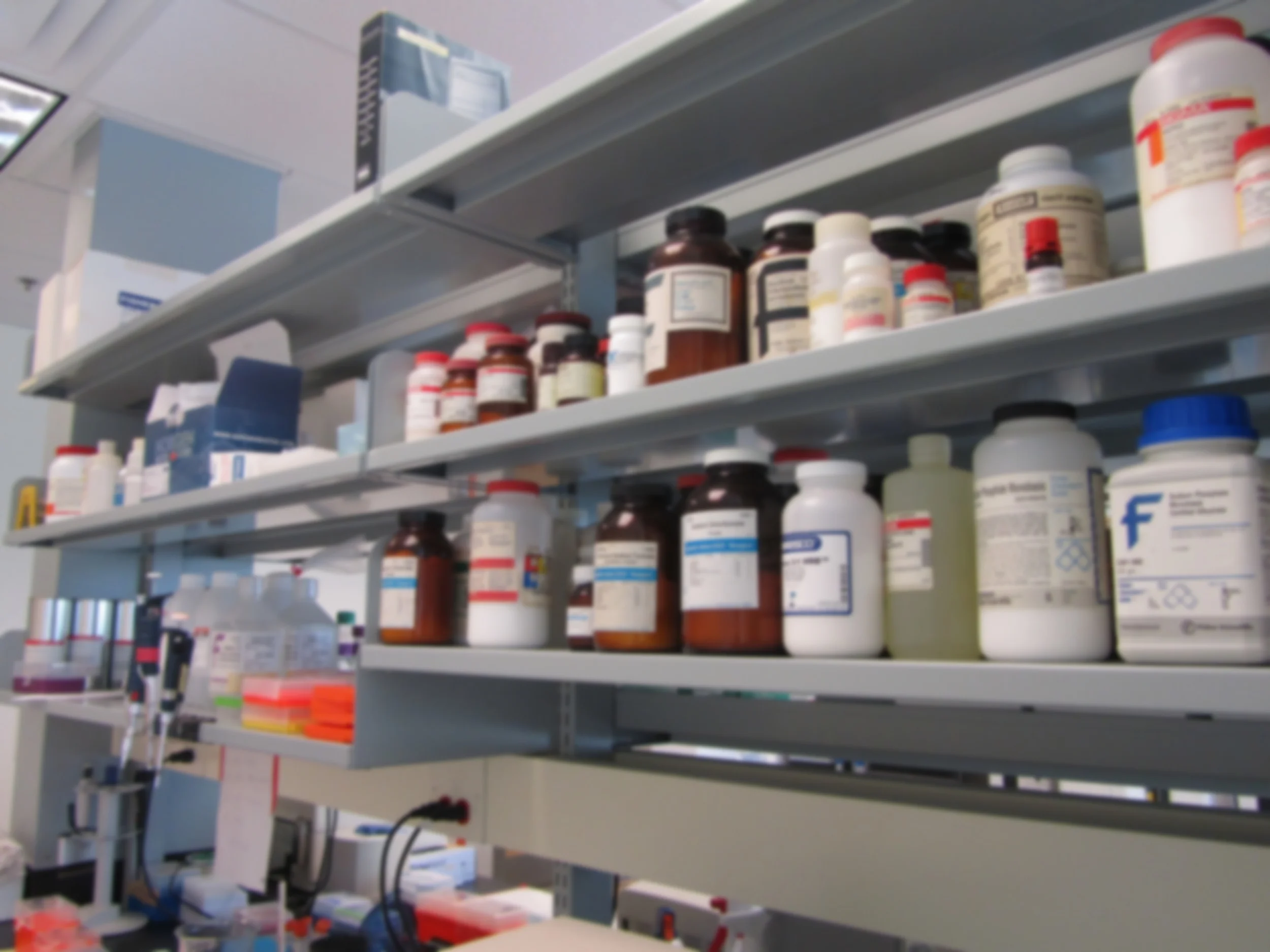SELECTED Publications:
Wallace CJK, Audet MC. (2025). Could physical exercise improve mental health in the context of chronic liver disease? American Journal of Physiology Gastrointestinal and Liver Physiology, 329(1): G138-G139. doi: 10.1152/ajpgi.00038.2025.
Wallace CJK, Audet MC. (2024). Diet and the gut microbiota-immune axis in the context of perinatal mental health: Protocol for a prospective cohort study. Women’s Health, 20:17455057241277072. https://doi.org/10.1177/17455057241277072 .
Doney E, Dion-Albert L, Coulombe-Rozon F, Osborne N, Bernatchez R, Paton SEJ, Neutzling Kaufman F, Agomma RO, Solano JL, Gaumond R, Dudek KA, Szyszkowicz JK, Cecile Lepage on behalf of Signature Consortium, Lebel M, Doyen A, Durand A, Lavoie-Cardinal F, Audet MC, Ménard C. (2024). Chronic stress exposure alters the gut barrier: sex-specific effects on microbiota and jejunum tight junctions. Biological Psychiatry: Open Global Sciences, 4(1): 213-228. https://doi.org/10.1016/j.bpsgos.2023.04.007.
Williams ZAP, Szyszkowicz JK, Osborne N, Allehyany B, Nadon C, Udechukwu MC, Santos A, Audet MC. (2023). Sex-specific effects of voluntary wheel running on behavior and the gut microbiota-immune-brain axis in mice. Brain, Behavior, & Immunity - Health, 30: 100628. https://doi.org/10.1016/j.bbih.2023.100628.
Ben-Porat T, Alberga A, Audet MC, Belleville S, Cohen TR, Garneau PY, Lavoie KL, Marion P, Mellah S, Pescarus R, Rahme E, Santosa S, Studer AS, Vuckovic D, Woods R, Yousefi R, Bacon SL; EMRACE Study Team. (2023). Understanding the impact of radical changes in diet and the gut microbiota on brain function and structure: rationale and design of the EMBRACE study. Surgery for Obesity and Related Diseases, 19(9): 1000-1012. https://doi.org/10.1016/j.soard.2023.02.022.
Mousavi R, Mottawea W, Audet MC, Hammami R. (2022). Survival and interplay of γ-aminobutyric acid-producing psychobiotic candidates with the gut microbiota in a continuous model of the human colon. Biology, 11(9): 1311. https://doi.org/10.3390/biology11091311.
Audet MC. (2021). Beyond the neuro-immune interplay in depression: Could gut microbes be the missing link? Brain, Behavior, & Immunity - Health, 16: 100308. https://doi.org/10.1016/j.bbih.2021.100308.
Audet MC. (2019). Stress-induced disturbances along the gut microbiota-immune-brain axis and implications for mental health: does sex matter? Frontiers in Neuroendocrinology, 54:100772. https://doi.org/10.1016/j.yfrne.2019.100772.
McQuaid RJ, Dunn R, Jacobson-Pick S, Anisman H, Audet MC. (2018). Post-weaning environmental enrichment in male CD-1 mice: impact on social behaviors, corticosterone levels and prefrontal cytokine expression in adulthood. Frontiers in Behavioral Neuroscience, 12:145. https://doi.org/10.3389/fnbeh.2018.00145.
Szyszkowicz JK, Anisman H, Merali Z, Wong A, Audet MC. (2017). Implications of the gut microbiota in vulnerability to the social avoidance effects of chronic social defeat in male mice. Brain, Behavior, and Immunity, 66, 45-55. https://doi.org/10.1016/j.bbi.2017.06.009.
Hayley S, Audet MC, Anisman H. (2016). Inflammation and the microbiome: Implications for depressive disorders. Current Opinions in Pharmacology, 29, 42-46. https://doi.org/10.1016/j.coph.2016.06.001.
Audet MC, Jacobson-Pick S, Wann BP, Anisman H. (2011). Social defeat promotes specific cytokine variations within the prefrontal cortex upon subsequent aggressive or endotoxin challenges. Brain, Behavior, and Immunity, 25(6), 1197-1205. https://doi.org/10.1016/j.bbi.2011.03.010.
Audet MC, Mangano EN, Anisman H. (2010). Behavior and pro-inflammatory cytokine variations among submissive and dominant mice engaged in aggressive encounters: moderation by corticosterone reactivity. Frontiers in Behavioral Neuroscience, 4:156. https://doi.org/10.3389/fnbeh.2010.00156.
Audet MC, Anisman H. (2010). Neuroendocrine and neurochemical impacts of aggressive social interactions in submissive and dominant mice: implications for stress-related disorders. The International Journal of Neuropsychopharmacology, 13(3), 361-372. https://doi.org/10.1017/S1461145709990174.
Audet MC, Goulet S, Doré FY. (2006). Repeated subchronic exposure to phencyclidine elicits excessive atypical grooming in rats. Behavioural Brain Research, 167(1), 103-110. https://doi.org/10.1016/j.bbr.2005.08.026.

